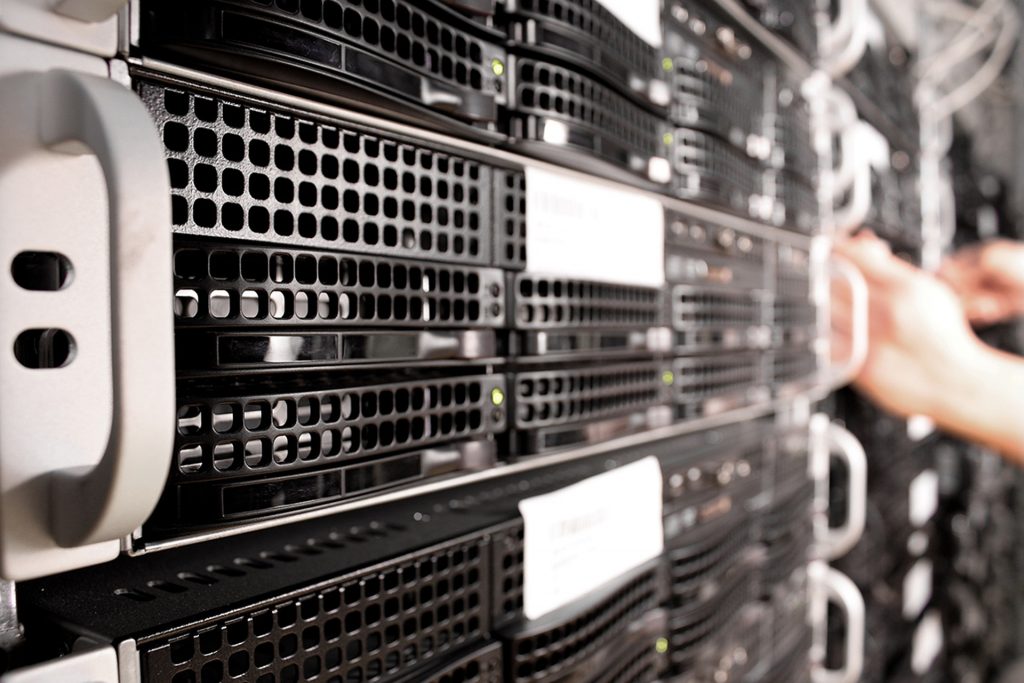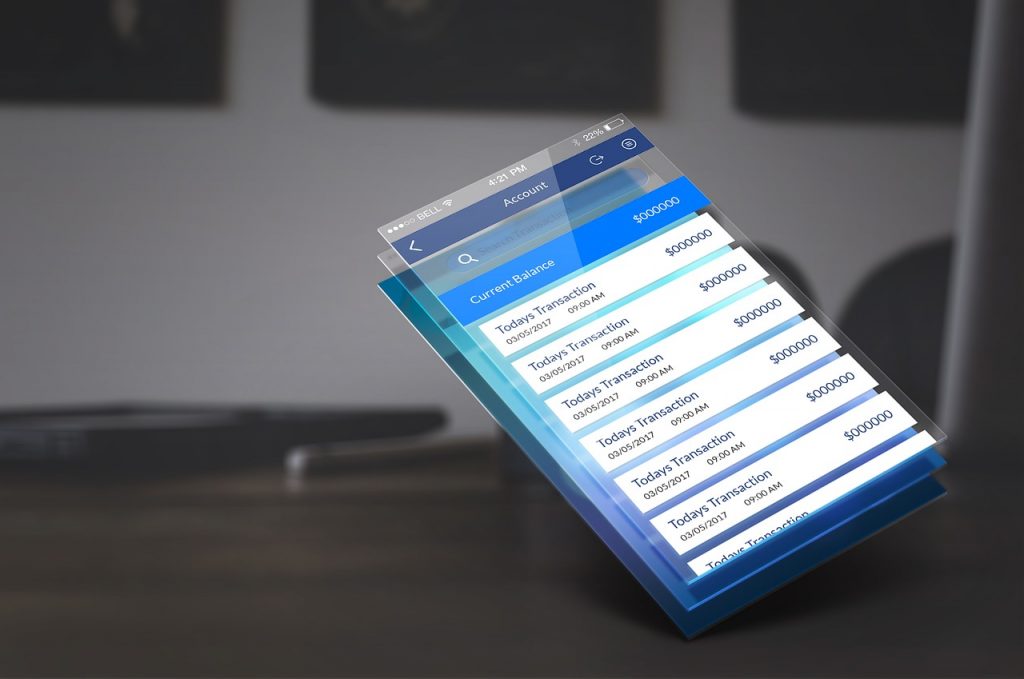According to researchers, an astounding 20.4 billion IoT (Internet of Things) devices will get connected by the year 2020. This rapid increase in the number of IoT gadgets will lead to a surge in the number of associated jobs too. Thanks to the high demand, IoT jobs tend to pay pretty well, but you must possess updated skills and embrace the IoT explosion to get in on the action and cement your position in this thriving sector. Get in on the action now to beat the crowd and secure your profile. Find out which combination of skills is necessary to kick-start a lucrative IoT career below:
Cloud management

A huge chunk of IoT involves analyzing data found in the cloud and offering feedback to the connected technologies. Engineers need to work on their ETL (extract, transform, load) skills followed by batch parallel-processing systems from the Hadoop stack.
On top of that, they need to rack up sufficient experience working with unstructured storage and data including Cassandra and HDFS, machine learning to help with cognitive computing, data visualization for identifying structure and data patterns, and advanced event-processing tools like Apache Spark.
Information security
The IT industry already suffers from a scarcity of talent when it comes to cybersecurity experts (think Chloe O’Brian in the TV show “24”). However, people with these skills will become more of an asset once the massive surge of IP-enabled gadgets makes things more complicated, and gives rise to a host of online privacy concerns and possible points of exploitation.
After all, the last thing someone wants is for a hacker to gain control of their smart air-conditioning system and gain control of their whole network soon after.
IT professionals well-versed in vulnerability assessment, ethical hacking, PKI security, and wireless network protection will be highly sought-after as companies seek out specialists to minimize the risks. Brushing up on your existing knowledge of privacy policy and data ethics can go a long way in advancing your IoT career prospects.
Machine learning

The algorithms used in machine learning come in handy when building smarter apps, appliances, and other items using connected devices, such as data sensors.
You can use machine learning algorithms to make a plethora of predictions on the basis of data pattern identification from these technologies. However, that requires you to have strong skills in machine learning and big data management.
Machine learning, especially, is a prized talent as most companies attempt to harvest greater amounts of data from connected sensors and devices. You must have suitable expertise not only when it comes to extracting said data, but also for creating algorithms that extract analytics and insights from the data.
AutoCAD
This is one of the leading design software used in engineering applications, which has seen a major resurgence of late as the complexity and number of IoT devices continues to grow unchecked.
Smart, connected devices sometimes need a brand new set of design principles, such as designs that facilitate customization or fulfill hardware standardization requirements. AutoCAD skills help you perform these product development processes efficiently, so you can conduct late-stage design changes without any hassle.
UI / UX design

The main purpose of design is to figure out the problems and resolve them in the best possible way. Design involves the user interface (UI), the user experience (UX), graphic designs, information architecture, product designs, and, of course, designs associated with interaction.
As the design paradigms associated with the IoT sector are transient, dynamic systems and multiple devices happen to be the standard.
In such a scenario, the need for sustaining easy to use applications is the key to success. So, UX and UI designers are wanted by various companies to play critical roles. While you’re at it, be sure to rack up as much knowledge as you can regarding responsive service design and web design.
Node.js
Developers and engineers use the open-source environment called Node.js for server-side web development. The ultimate goal is managing connected systems like the Raspberry Pi, the Arduino, and so on.
With boards such as Raspberry Pi becoming more widely available, Node.js will set itself up as the platform of choice for developers seeking to leverage their current expertise in creating IoT apps.
With the environment maturing rapidly, most companies are using Node.js as the foundation for all of their IoT projects. The minimal resource overhead along with the high accessibility and stability has made Node.js a critical component in small form-factors, such as wearables.
Networking
The majority of smart devices possess different apps and sensors to communicate with the environment. It is hard to get these systems to interact properly, and you need a vast setup of networking techniques and tools. You must possess advanced designing skills, and be prepared to optimize and maintain vast traffic across reliable, secure yet redundant backbones.
If that’s not all, you need to have a working understanding of wireless connectivity options like 3G, 4G, 5G, and WiFi that are in great demand.
It’s even better if you have knowledge of near field communication (NFC), radio frequency identification (RFID), and wireless protocols like BLE and Zigbee that consume very little battery power. You also need to make the content diverse and familiarize yourself with the underlying app flow to support this important data network.
GPS development
Due to IoT, the GPS industry is booming as of late. The system is used widely in smart vehicles, wearables, and logistics firms. With more consumers and businesses adopting the location-aware technology, the GPS market is expected to hit the $3.5 billion mark next year.
As a result, there are plenty of openings available for experts who can assist with the development of GPS-integrated technology for smart vehicles, wearables, along with other applications connected to IoT.
IoT jobs: Waiting for you
Right now, technology firms are in the process of solidifying the IoT strategies that will take their organizations to the next level.
However, their progress is marred by the lack of in-house talent and processes to fulfill their goals. You can take advantage of this vacuum and brush up on key IoT skills to solidify your career in the field of IoT.
Featured image: Pixabay



